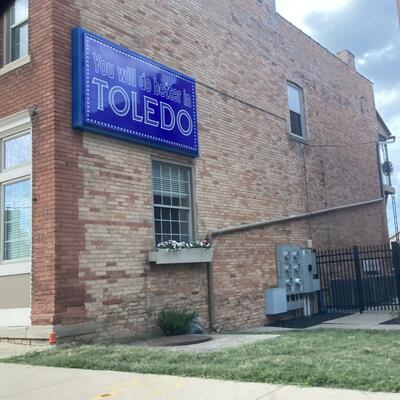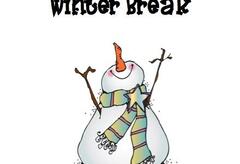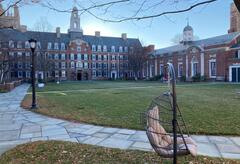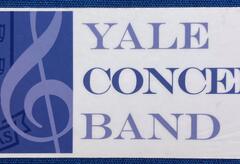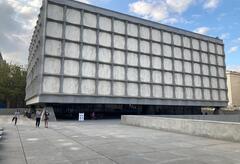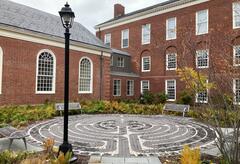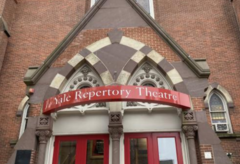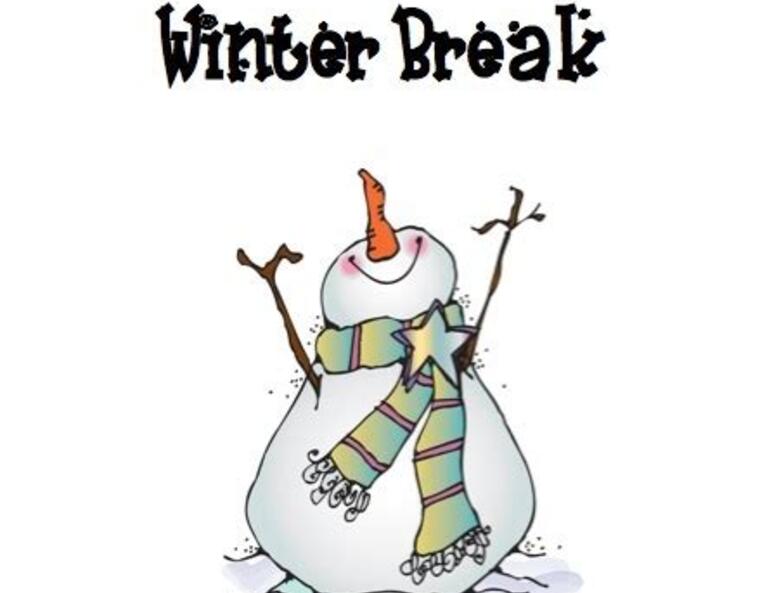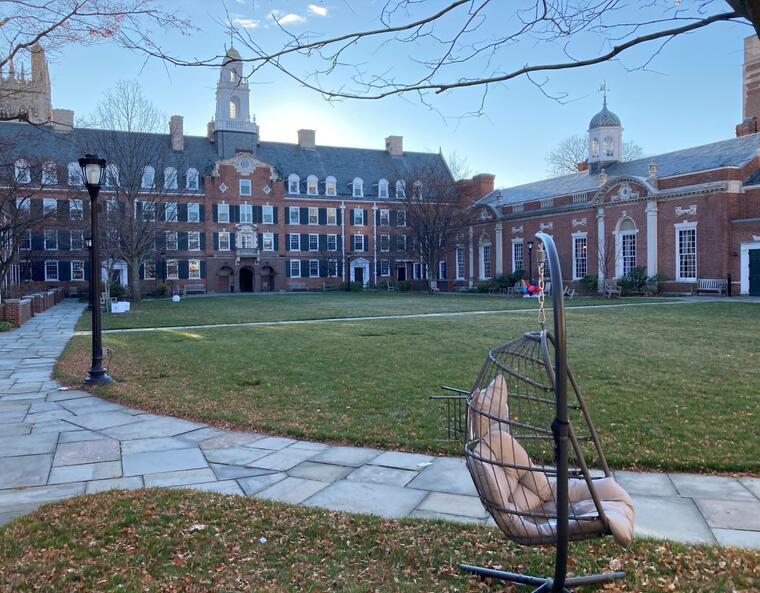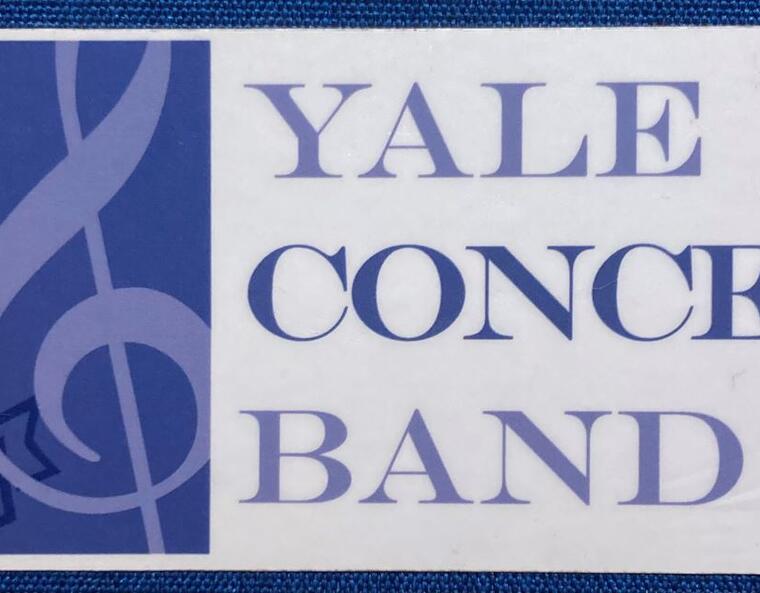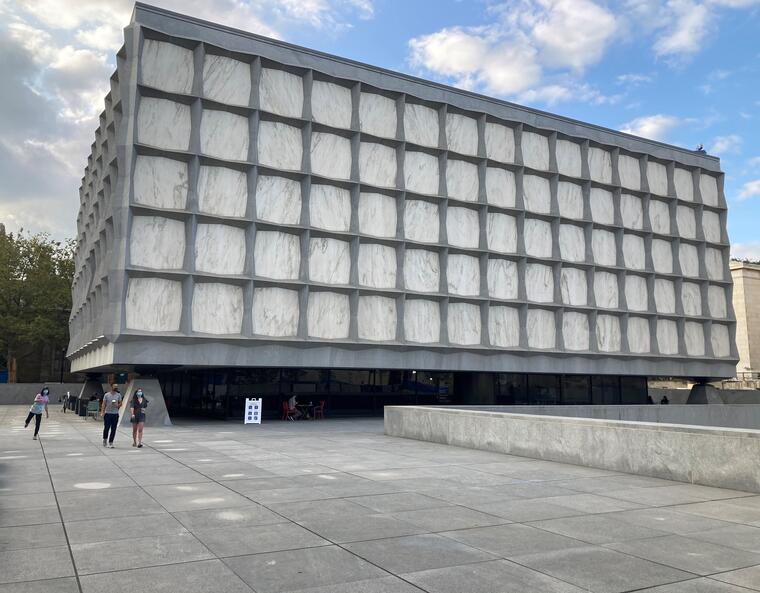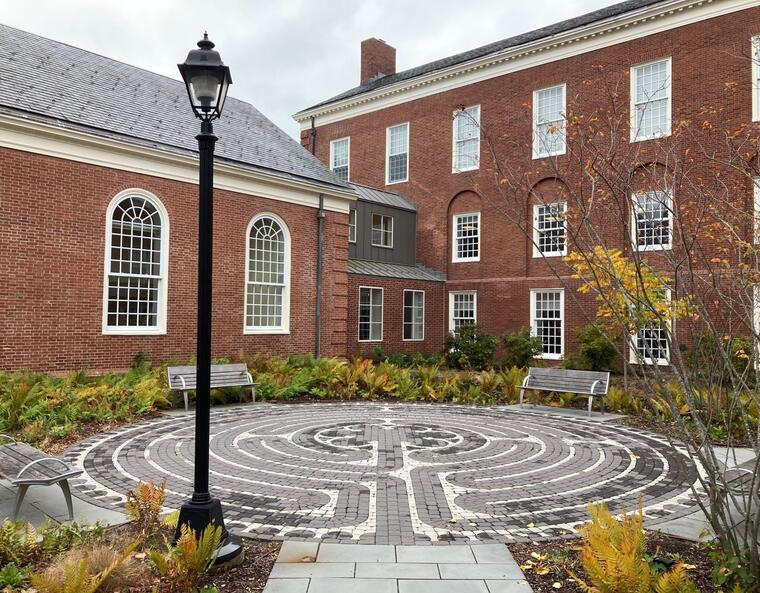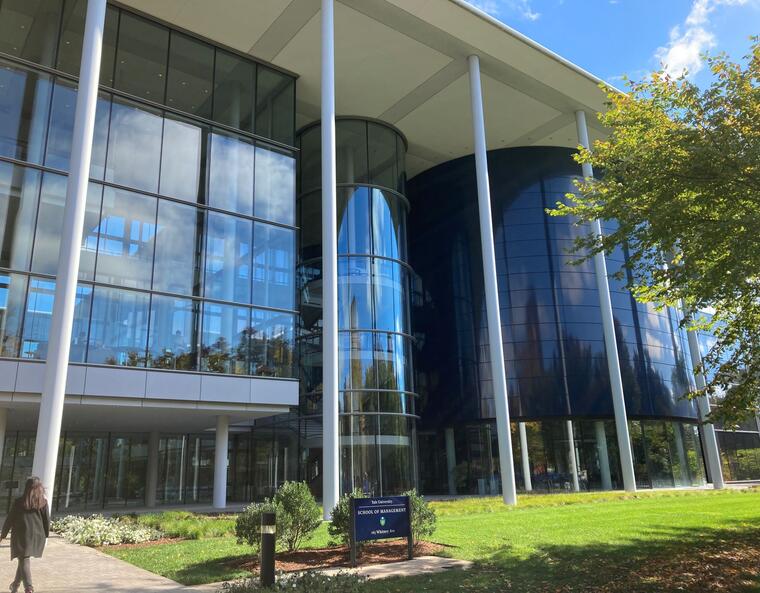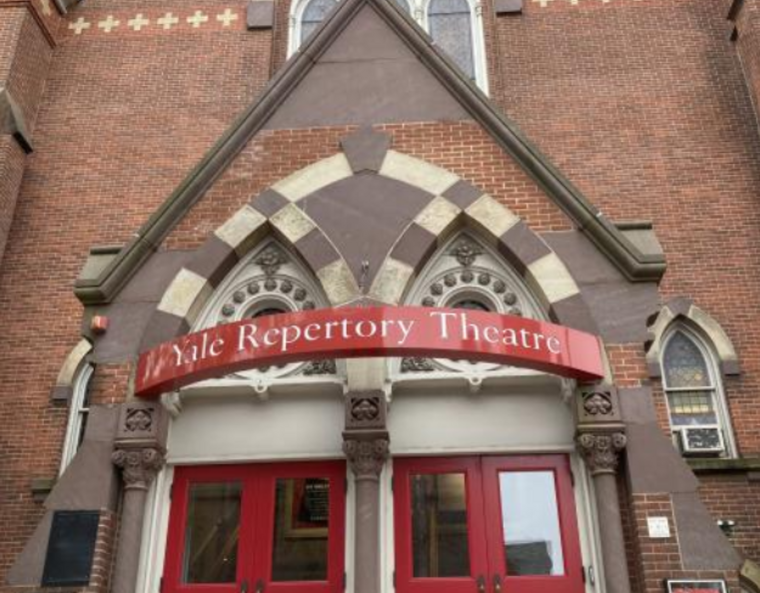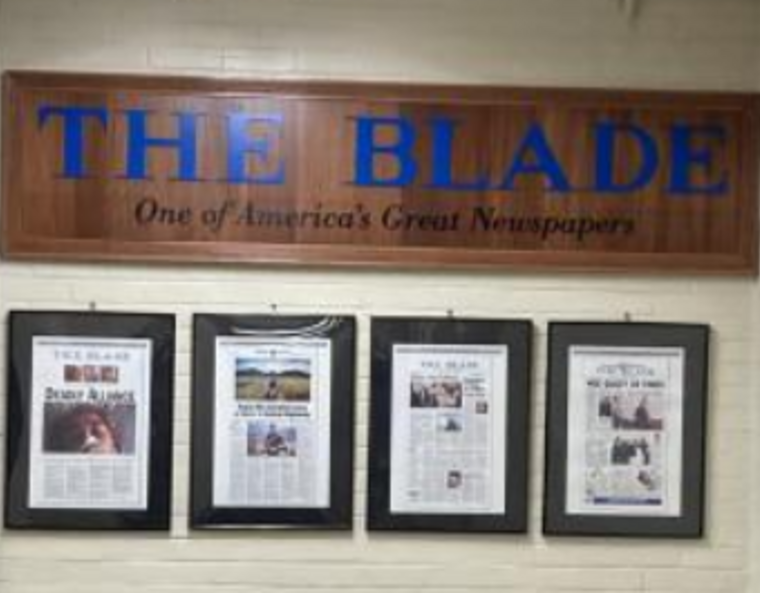
I met Bob Woodward this semester.
We had just finished reading the Watergate scandal reporting for my journalism seminar, and had been asked to envision how Watergate would be different today. Since Bob Woodward previously taught at Yale, our professor (Steven Brill, another well-reputed journalist) sent Mr. Woodward our ideas of how a modern Watergate would unfold. If I recall correctly, Mr. Woodward wasn’t impressed with my answer. But it was still exciting to meet him and ask him questions. His main takeaway was that as a journalist, you should take every source seriously, which means showing up, listening actively, and (sometimes) annoying the heck out of them.
Throughout the course, we spent time learning about the business models of journalism and best practices. We also wrote profiles of each other and feature-length pieces on a topic of interest – I wrote about a company called pymetrics that has created AI soft skill assessments used by several large companies.
Now that the course has finished, I’m officially a Yale Journalism Scholar. There were four requirements I had to complete, and one was to take English 467 – the journalism seminar I mentioned.
The Toledo, Ohio slogan on a sign.
This summer, I completed another requirement through an internship at the Toledo Blade, alongside three other interns I became good friends with during our time living together. I’ve never lived anywhere other than Juneau and New Haven, so living in Toledo, Ohio gave me a chance to learn about a whole new part of the country. I interviewed some truly fascinating characters during my time there, including: Lee Brice, a wildly popular country singer/songwriter; Samuel McMullen, an Ann Arbor-based zero waste advocate who has thrown hardly anything away in the last 7 years; and a dizzying number of county fair organizers. I also ate an obscene amount of Insomnia Cookies, because we lived above one and paid for a daily cookie subscription; saw glass-blowing in action in the hometown of Libbey Glass and several other glass manufacturers; and attended a Mudhens game to cheer on Toledo’s minor league baseball team (and watch Muddonna, the team’s mascot, enter an elevator). I never expected to live in Ohio, even for a ten-week internship, but I really enjoyed my summer there.
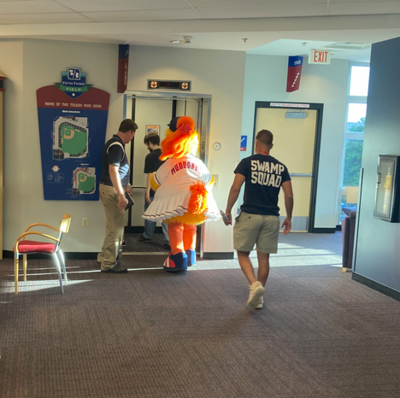
Muddonna and the Swamp Squad, if you thought I was kidding. Felt starstruck.
A third requirement is to “either publish one full-length feature or five shorter articles in a non-Yale magazine or newspaper; publish two full-length magazine articles in a Yale publication; or hold a senior editorial position at a Yale publication.” I’ve published a bit in the Juneau Empire, my hometown paper, and am an Associate Editor for The Politic. But I’ve checked this box by writing two magazine-length articles in The Politic – one about coding education, and another about local journalism in Southeast Alaska.
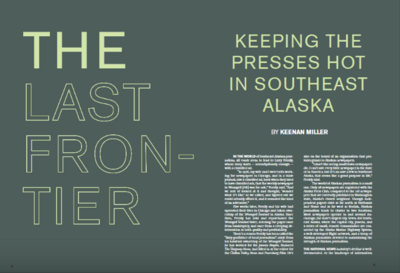
The first two pages of the print edition of my article on Southeast Alaskan journalism.
Finally, I had to take a second advanced writing course. I completed this requirement with Daily Themes. Daily Themes been written about before by bloggers; writing 300 words a day, 5 days a week, is a great exercise in consistent writing, and taught me tons about my strengths and weaknesses as a writer.
Journalism is extraordinarily well-supported at Yale. Our publications are excellent – the Yale Daily News, for example, is one of the best college dailies out there (and the oldest one). The New Journal won a national “best college magazine” award last year. And every publication has passionate people creating excellent work for it, and is worth checking out. Haley Cohen Gilliland, the Yale Journalism Initiative director, is kind and supportive. And there are plenty of resources available to Yalies looking for jobs in journalism post-graduation, from resume reviews to job boards.

The Yale Daily News masthead. Don’t be afraid to have a Gilmore Girls moment.
All in all, I’m glad to have been able to explore journalism at Yale through the Yale Journalism Initiative. And if I decide to pursue journalism long-term, I know that I’m well-prepared to do the digging, teaching, and accountability-holding that defines a journalist’s work.
